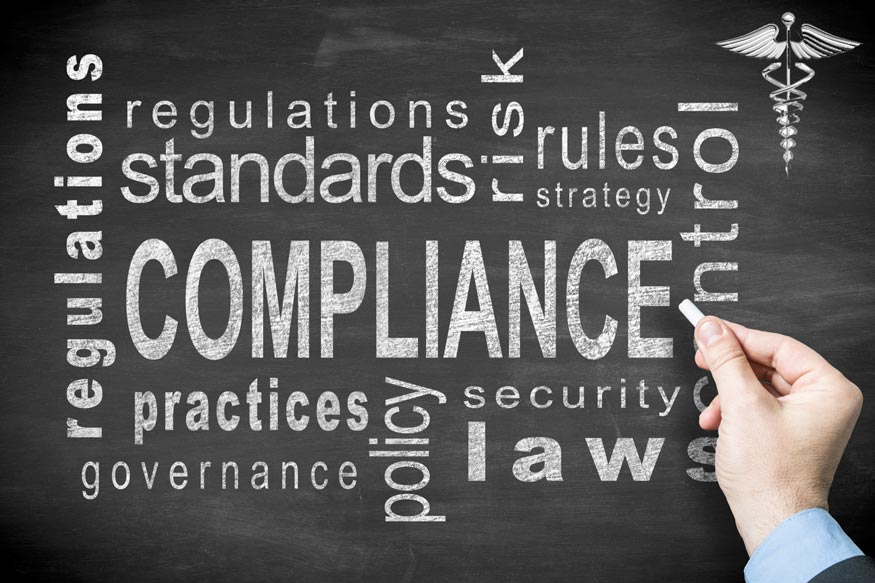
The healthcare industry faces several unique challenges from other industries when it comes to their digital marketing. That may be one of the reasons this industry seems to be lagging behind so many others when it comes to implementing a healthcare digital marketing strategy.

The healthcare industry faces several unique challenges from other industries when it comes to their digital marketing. That may be one of the reasons this industry seems to be lagging behind so many others when it comes to implementing a healthcare digital marketing strategy.
Careful planning and an understanding of constraints, however, can lead to a substantial marketing coup for savvy health systems, medical practices, medical device companies and clinical trials that get in ahead of the healthcare digital marketing crowd.
The numbers indicate that more and more healthcare focused companies are beginning to adopt digital marketing, leaving those who are even slower to embrace it lagging further and further behind. Here’s a few items you need to know before integrating a healthcare digital marketing strategy.
Regulations Issues/HIPAA/ Personal Health Information (PHI)
HIPAA regulations have many health practitioners hesitant to share any information online. This is especially true when it comes to digital advertisements, which are heavily regulated.
The key is to avoid using patient information in your advertising. Privacy is paramount. Never post a photograph that can identify a patient – even in the background, without obtaining consent from the patient. This isn’t always necessary in other industries, but in medical fields, or any field protected by HIPAA, it is absolutely necessary.
FDA Restrictions on Med Device/Drugs for Social Media
The FDA has made strong statements about claims that can be made about medications and medical devices via social media. In June of 2014, the U.S. Food and Drug Administration released draft guidance that included points about marketing via social media, such as Twitter, where characters are limited. In this guidance the FDA proposes requiring that each individual message regarding medication or medical device benefits must also provide risk information within the same message regardless of character limitations.
This proposal, while not exactly the law of the land, yet, has been met with a great deal of resistance by medical device and drug makers who fear this will effectively eliminate certain platforms as viable options for marketing and contend that it violates their rights to free speech. The jury is still out on that one, but it is better, in this day and age, to err on the side of caution for the time being.
Google Restrictions
While Google doesn’t forbid healthcare related advertising it is highly restricted, especially in regards to re-marketing (or re-targeting). Some practitioners must receive pre-authorization to launch a digital campaign. The likelihood of approval varies according to countries where products are being advertised and the types of products being advertised. The following are examples of what can be restricted for promotional content by Google:
-
Over-the-counter medications
-
Prescription Drugs
-
Online and Offline Pharmacies
-
Medical Devices and tests
-
Clinical Trial Recruitment
-
Sexual Enhancement Treatments
-
Pregnancy and Fertility (products and services)
-
Medical Services and Procedures
Again, these restricitions vary by country. For example, most of these would be approved in the United States for digital advertising. Understanding these restrictions can heavily impact your digital marketing strategy and capabilities. Consult your legal team, or someone with experience in your industry, to achieve a better understanding of what can be accomplished with available digital channels.
This doesn’t mean that hospitals, physician medical practices, medical devices, pharmaceuticals and clinical trials cannot have effective digital marketing campaigns. What it does mean is that you must educate yourself about the letter of the law today, and as those laws change over time.